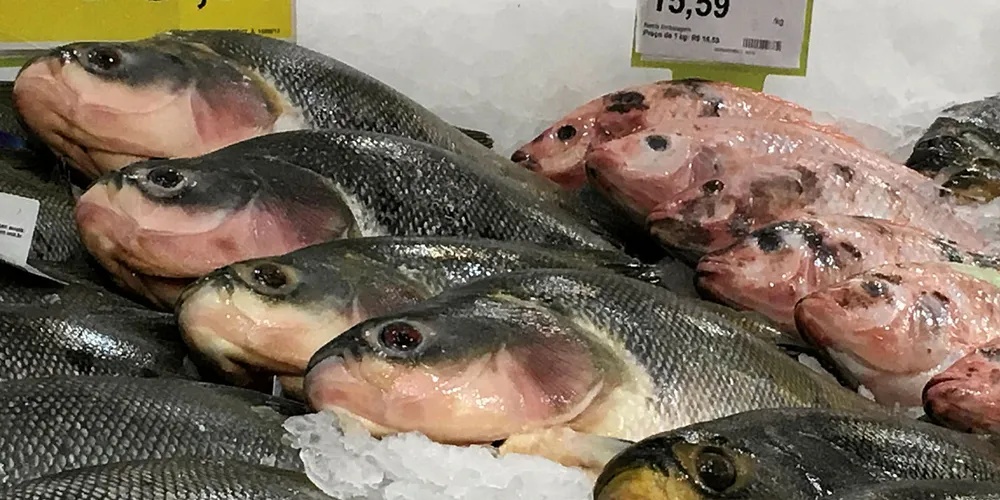Brazil hopes 'purity test' can help prevent fish farming losses
Cross breeding can cause significant losses among native species such as tambaqui, according to Brazilian Agricultural Research Corporation Embrapa.

Cross breeding can cause significant losses among native species such as tambaqui, according to Brazilian Agricultural Research Corporation Embrapa.
